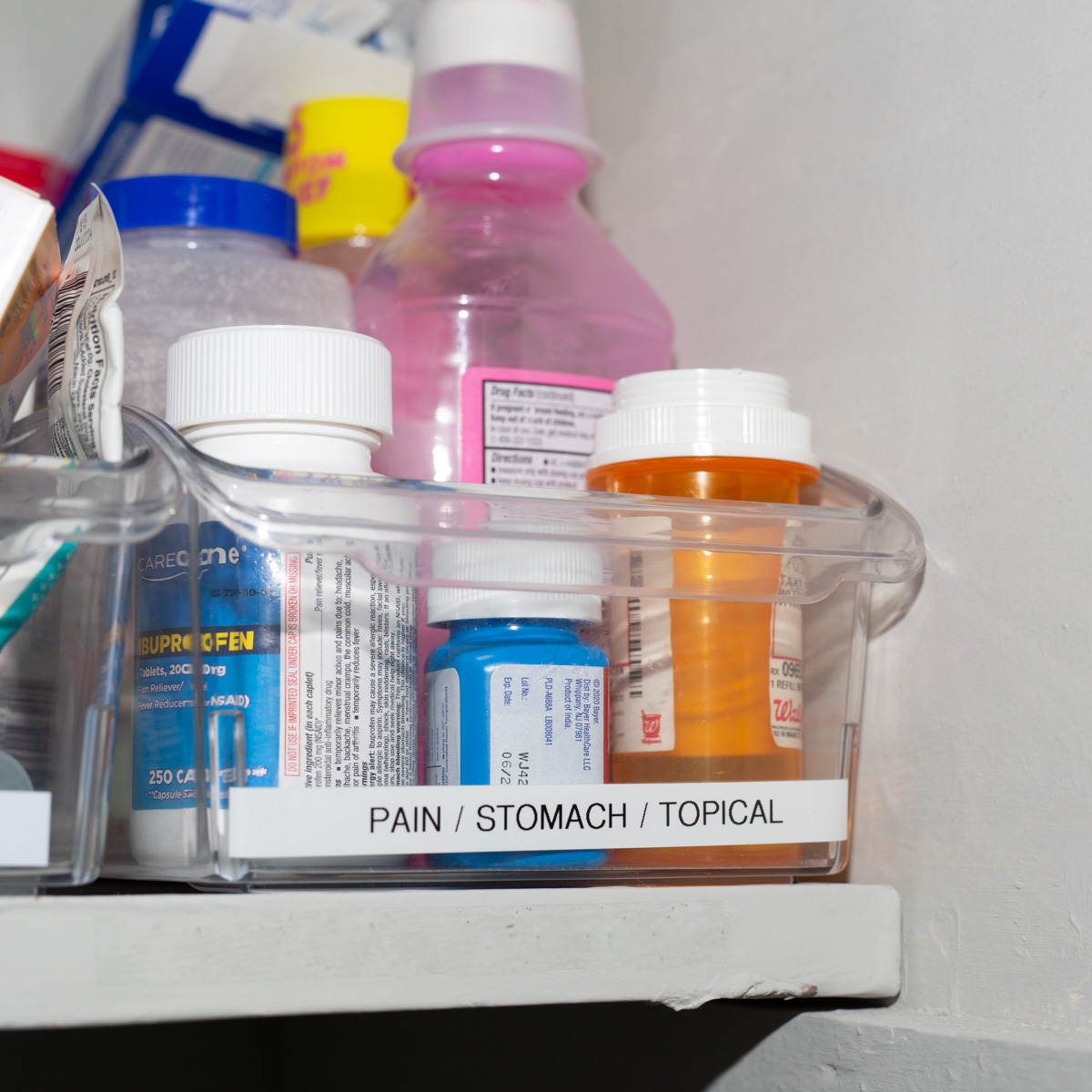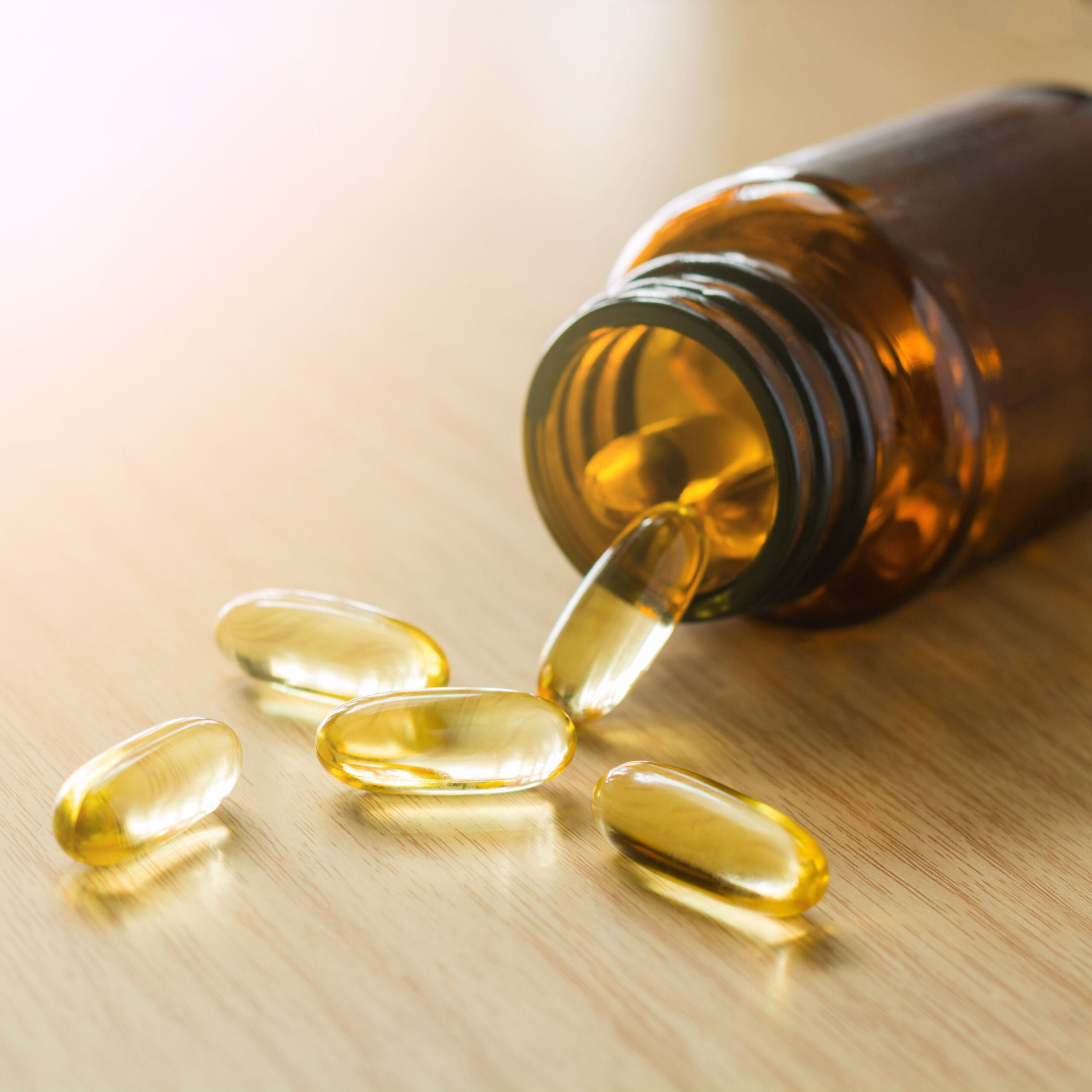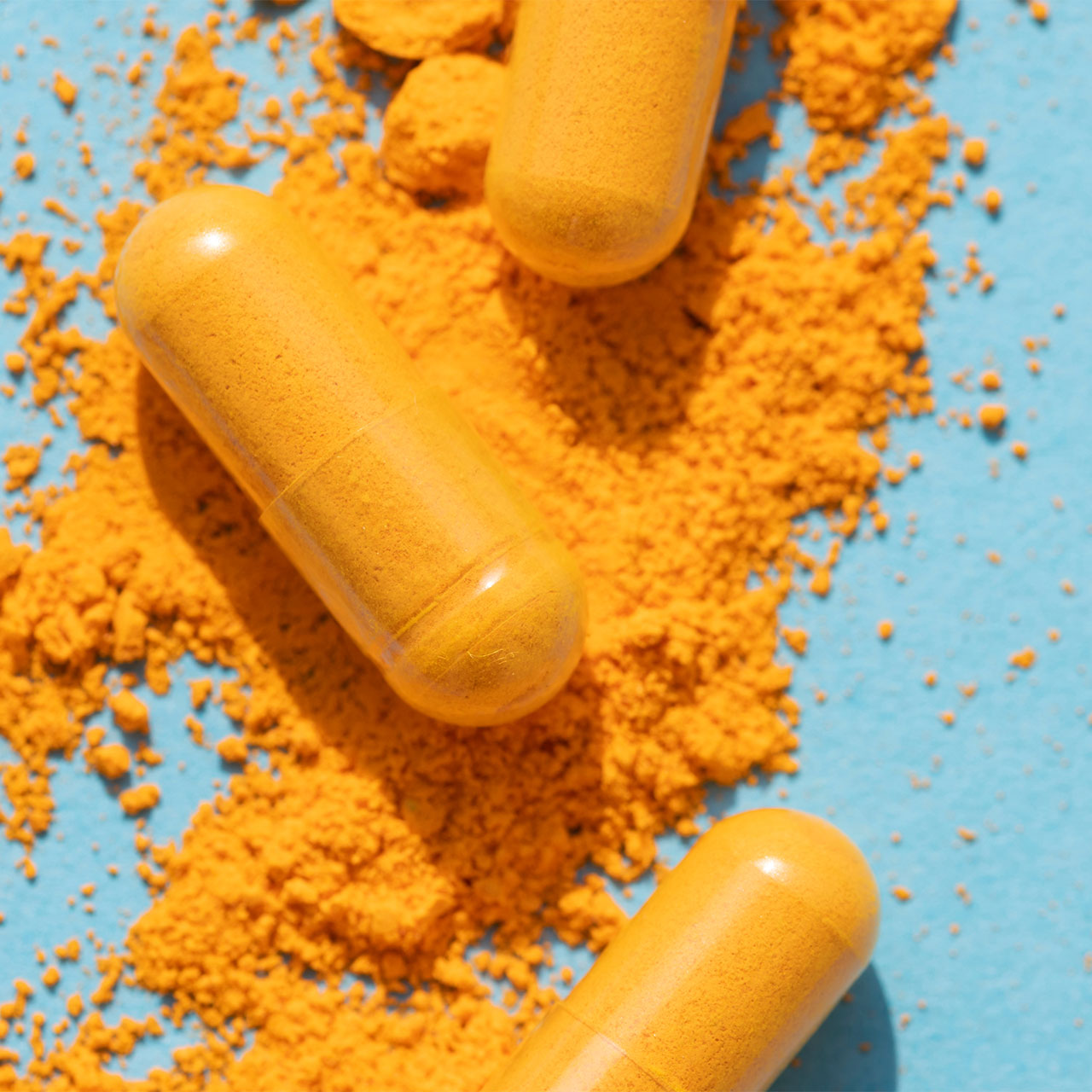Supplementing our diets with vitamins and minerals to fill in nutritional gaps can oftentimes be a good way to maintain optimal health. However, not all supplements are created equal, and some may pose a significant risk to your health. This is especially true when it comes to kidney function,
To shed some light on a few supplements that could put our kidney health at risk—and uncover what to replace them—we spoke to Dr. Johannes Uys, a Doctor at Broadgate GP. He highlights several supplements that can potentially strain the kidneys and shared safer alternatives and essential lifestyle practices for kidney health. Find all of his expert insight below.


Supplements to avoid for kidney health
According to Dr. Uys, certain supplements should be approached with caution due to their potential to harm kidney function. These include the following:
- High doses of vitamin C
- Creatine
- L-lysine
- Germanium
- Non-steroidal anti-inflammatory drugs (NSAIDs) like ibuprofen LINK
"These substances have been shown to put strain on kidney function, especially when taken in excess or over prolonged periods," he warns.

What to do instead
Luckily, Dr. Uys offers reassurance by recommending kidney-friendly supplements, such as Omega-3 fatty acids and probiotics.
"Omega-3s, found in fish oil or flaxseed oil, promote heart health without burdening the kidneys," he says. These healthy fats come with an array of health benefits.
Meanwhile, probiotics, which promote gut health, indirectly contribute to overall well-being and mitigate the risk of kidney issues.
Additionally, he notes, "Vitamin D is essential for bone health and immune function, and when supplemented in appropriate doses, it is generally safe for the kidneys." Noted!

In addition to selecting safer supplements, Dr. Uys emphasizes the importance of a balanced diet for optimal kidney health. "Ideally, to ensure optimal kidney health, your diet should be low in processed foods and high in fruits, vegetables, lean proteins, and whole grains," he instructs. "Furthermore, proper hydration and regular exercise are key. Drink an adequate amount of water, engage in frequent physical activity, and manage underlying health conditions like hypertension and diabetes."

Ultimately, Dr. Uys underscores the necessity of consulting healthcare professionals or registered dietitians before embarking on any new supplement regimen, particularly for individuals with pre-existing kidney concerns. Tailoring supplementation and dietary choices to individual health needs, under professional guidance, is essential for safeguarding kidney health.
By avoiding potentially harmful supplements and opting for kidney-friendly alternatives, alongside adopting a balanced diet and healthy lifestyle practices, individuals can prioritize their kidney health and overall well-being for years to come.
READ MORE: Combining These Supplements Is Actually So Dangerous, Doctors Say


























